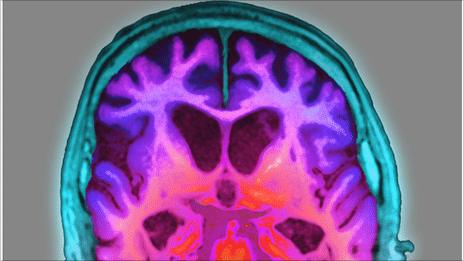Tinder: Dating-style app tech for brain scan research
- Published
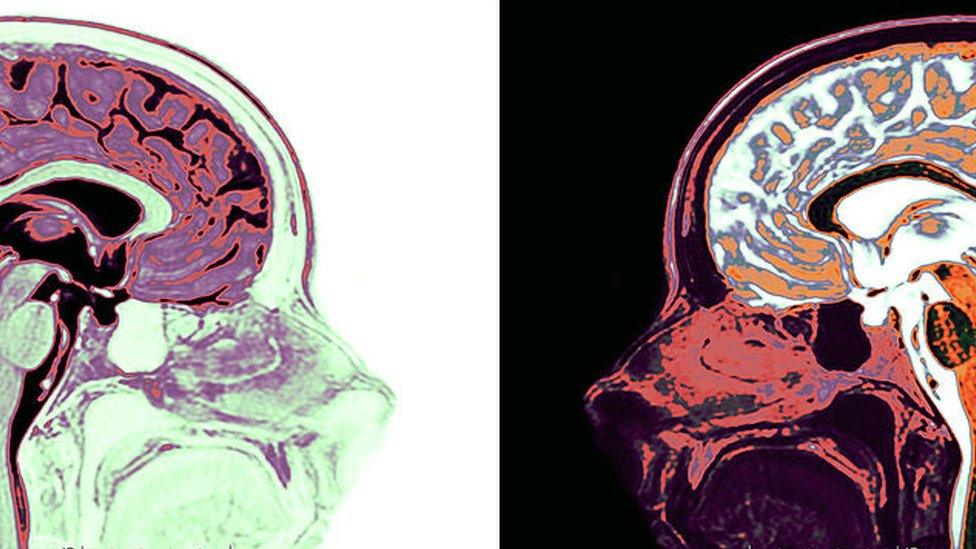
A new app could change the way brains scans are viewed
Swipe right for good looking - left to reject. But this is not dating on Tinder - this is all about brain scans.
It is the latest technology being trialled in a bid by scientists to improve the quality of images used to investigate illnesses such as dementia.
Researchers at Cardiff University have borrowed ideas from popular dating apps to train volunteers to identify poor quality scans.
It means thousands of scans generated by research can be sifted quickly.
"The human eye is exquisitely sensitive to subtle differences in size, shape, colour and appearance, so that's why we wanted to get the public involved," said Dr Judith Harrison from Cardiff University Brain Research Imaging Centre - Cubric.
"Knowing that large parts of the population swipe through images on a day-to-day basis, for instance when using dating apps, we wondered whether the same principle could be extended to filtering through brain scans."
Scientists examining diseases such as Alzheimer's or the mental health condition schizophrenia make use of specialised scans, often magnetic resonance imaging (MRI), to map what is happening in the brain of patients.
The scans can track movements as nerve cells fire off messages to other parts of the brain, and where they may - or may not - be working.
But the scale of the studies means tens of thousands of image scans can be taken - and not all of them are of good.
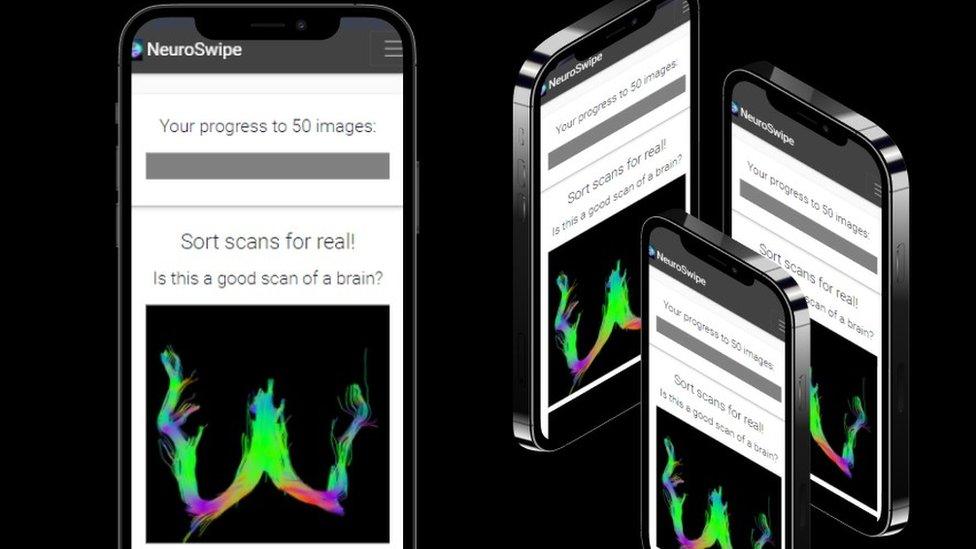
Neuroswipe is still in its development stages and only available as a web-based app for now
Just as we can take a bad photograph if our hands shake, or a finger dips in across the lens, patients can move at just the wrong moment in the scanning machine.
The effect is the same - an image that is not much use.
But because brain scans are incredibly complex, it can take an individual expert hours to look through every single scan and consider whether they are good enough to use.
That is where the new app developed by the university and its National Software Academy comes in.
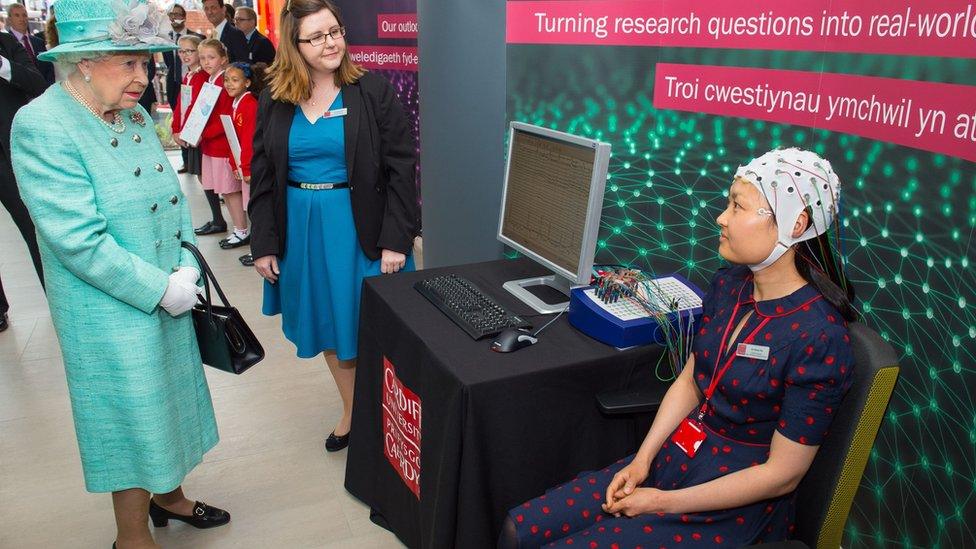
The Cubric centre was officially opened by the Queen in 2016
Neurowipe, external teaches users to identify good quality scans quickly - and to reject poor images too - all with a right and left swipe.
Using real images of scans taken from patients with Alzheimer's disease, those using the app are being asked to focus on a bundle of nerve fibres deep in the brain known as the fornix, which is thought to be vital in creating new memories.
The app trains them to recognise whether the fornix is the correct shape on a scan.
"The image filtering process has been largely automated in recent years but training an artificial-intelligence programme to detect poor quality scans is challenging," said Dr Harrison.
"We want to see if people can help us weed out some images that haven't been processed correctly, becoming armchair scientists themselves.
"More importantly, we would like to know if people find it interesting and can learn something from the process."
These are the sorts of detailed images of the brain the new scanners can produce - Dr John Evans explains what they are
The app, which was developed with funding from the Wellcome Trust, is still in early stages of development, but the university is keen for more members of the public to get involved.
"So that the process can be fine-tuned, and the app can ultimately be scaled up for use in large-scale studies involving thousands of patients," added Dr Harrison.
- Published22 February 2020
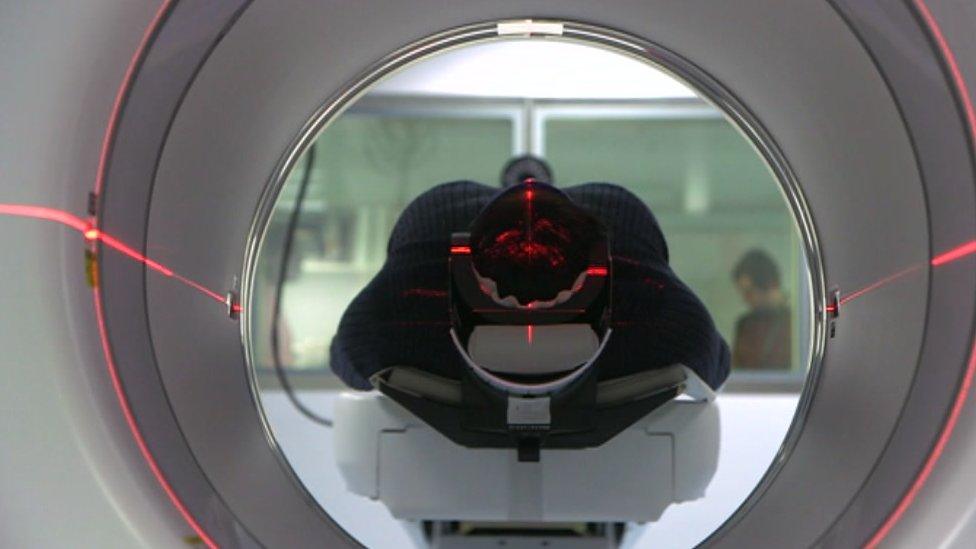
- Published29 July 2020
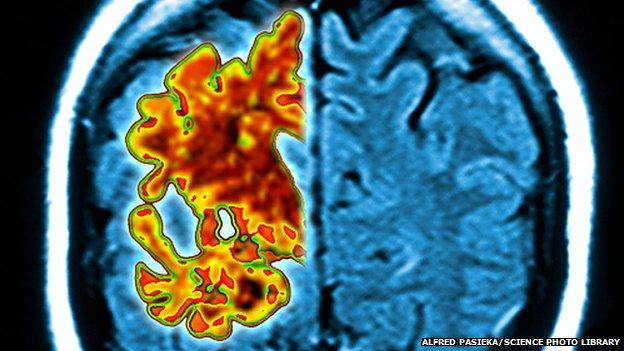
- Published7 June 2016
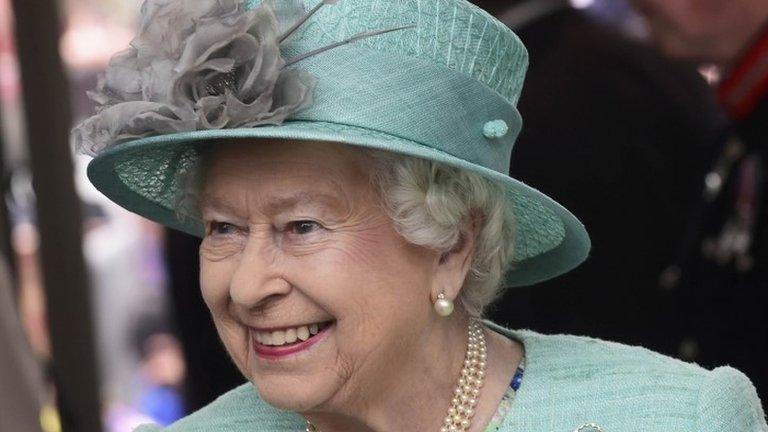
- Published1 July 2020
- Published14 April 2011
